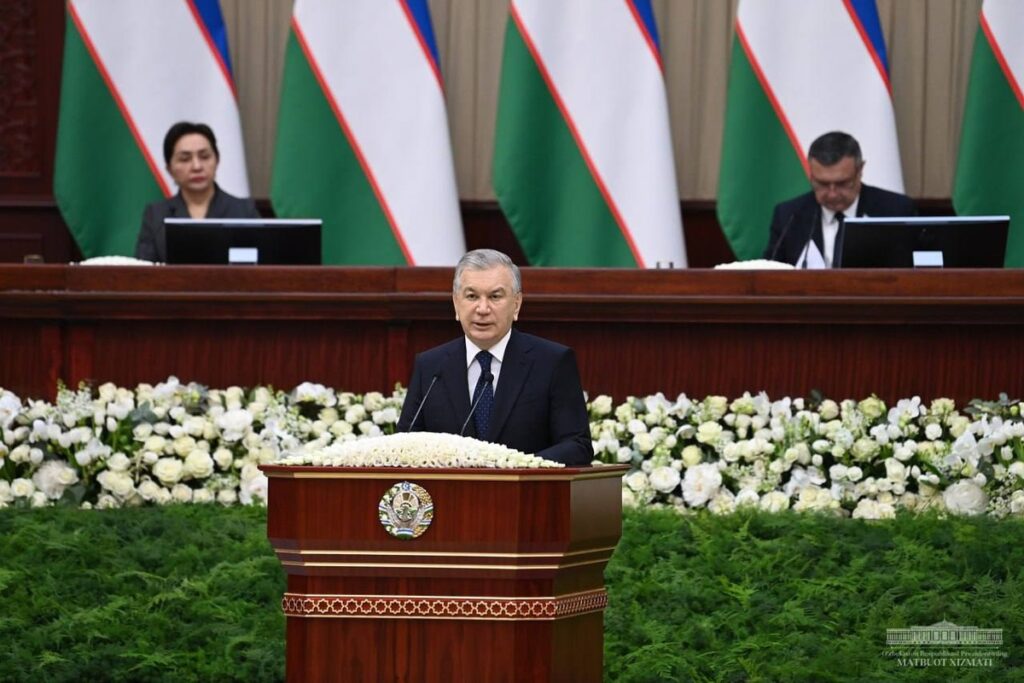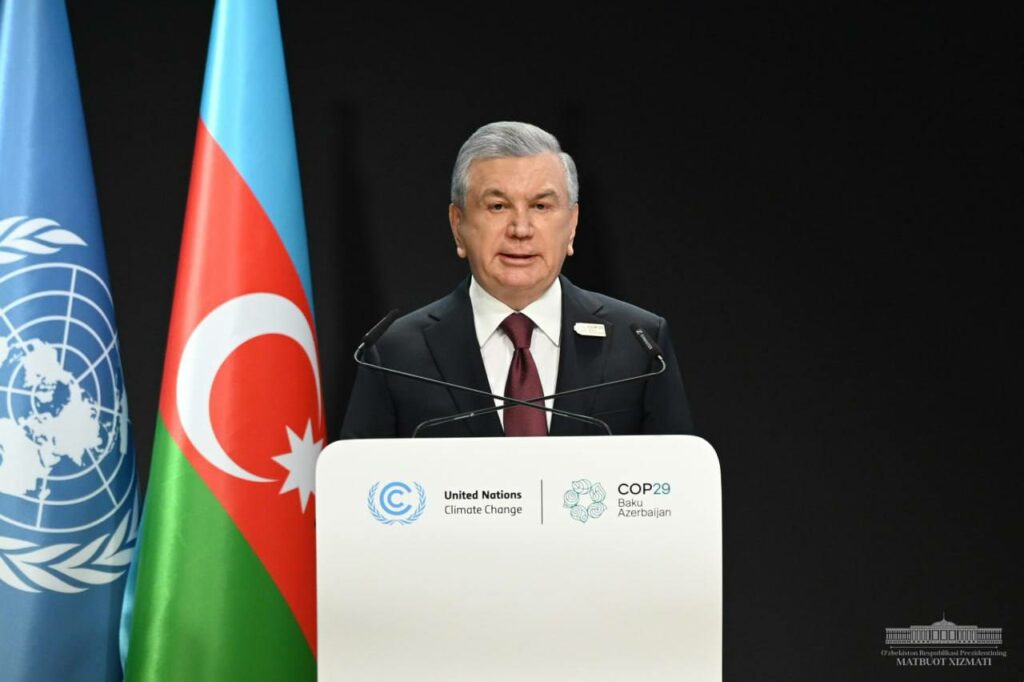Tashkent, July 2-4, 2024 – The kick-off meeting of the project “Climate and Gender Sensitive Water Resources Management in Central Asia” (hereinafter – the Project) funded by the German Society for International Cooperation (GIZ) on behalf of the Government of the Federal Republic of Germany and co-financed by the Swiss Agency for Development and Cooperation (SDC) was held at the Grand Mir Hotel. The three-day workshop with the participation of all donor organizations and project partners – representatives of Martin-Luther Halle Wittenberg University (MLU), Federal University of Technology Zurich (ETH), Regional Environmental Center for Central Asia (CAREC) and universities of Central Asia was aimed at discussing the progress of implementation of Component 2 of the Project aimed at capacity building of basin organizations in five Central Asian countries. The established Working Group of university representatives will develop a certified course on Integrated Water Resources Management with Climate Impacts, which will be offered to mid-level water sector specialists responsible for water resources management at the basin level as a refresher course.
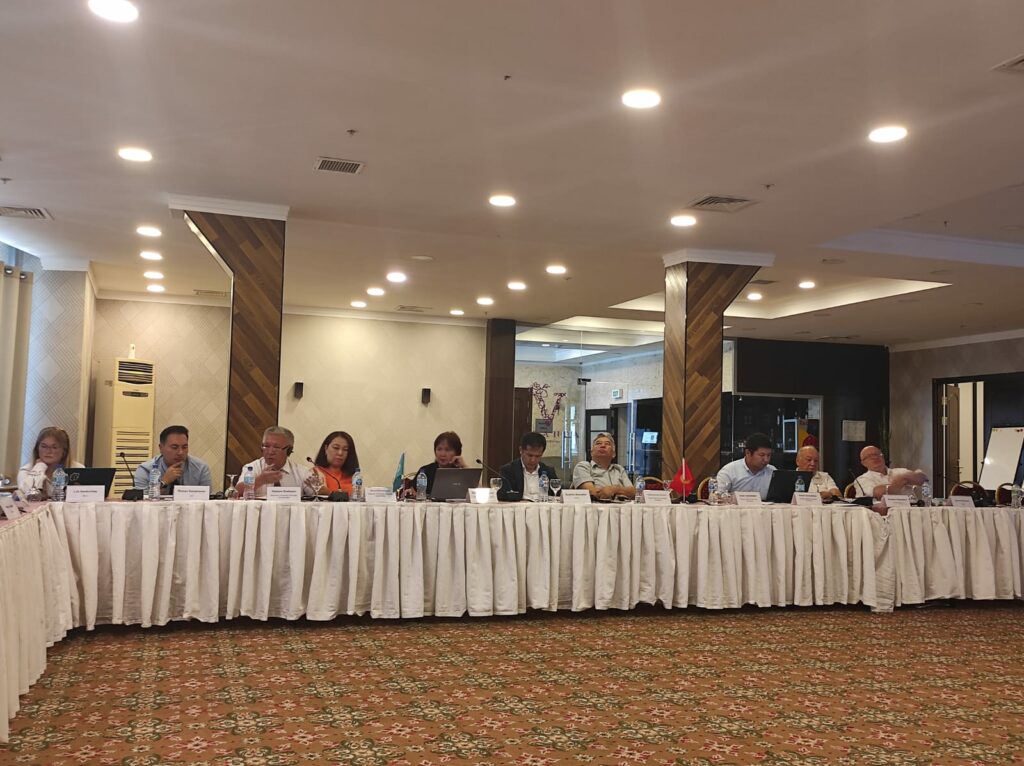
The first day was devoted to status quo assessment of educational programs on water resources with presentations by representatives of Central Asian partner universities – Kazakh National Agrarian University, Al-Farabi Kazakh National University, Kyrgyz State Technical University, Kyrgyz National Agrarian University, OSCE Academy in Bishkek, Academy of State Administration under the President of Tajikistan and Tajik Agrarian University, “Tashkent Institute of Irrigation and Agricultural Mechanization Engineers” National Research University and Urgench State University revealed problems and opportunities of the universities in the development of advanced training and retraining courses in the field of water resources management.
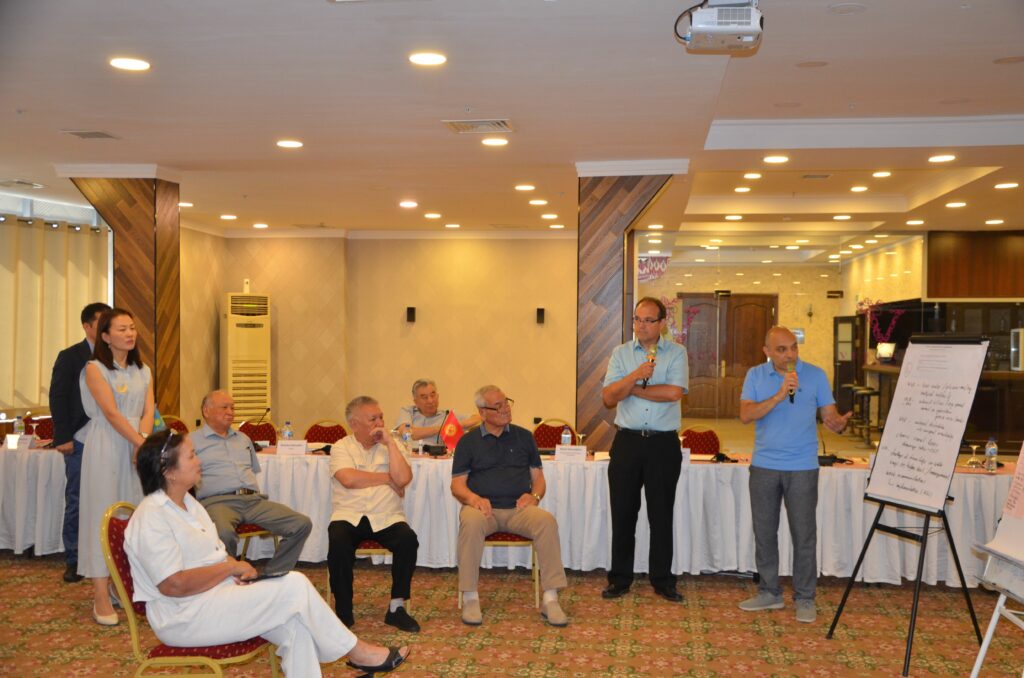
From the CAREC side, the results of a country situation analysis including gender assessment and knowledge gaps of basin organizations were presented as a first step in developing the content of the certified course.
The second and third days were devoted to brainstorming sessions and group discussions on the objectives, content, methods and evaluation criteria of the proposed course. The course will be implemented both in offline and online format on the portal www.riverbp.net, so the participants analyzed existing similar online learning platforms offering courses on water resources management and basin planning.
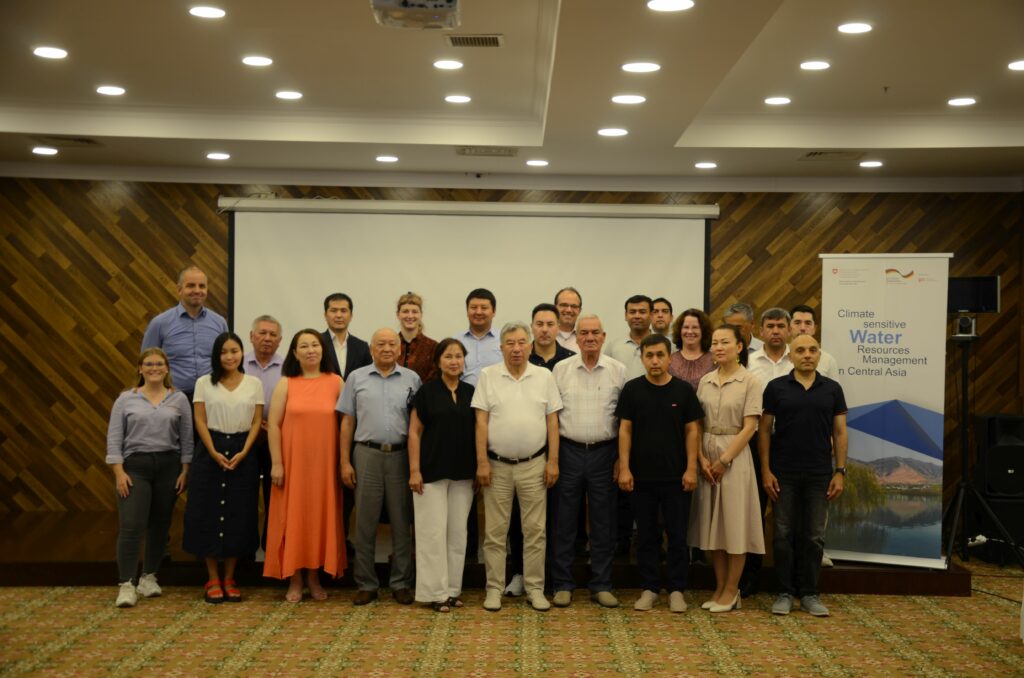
The workshop laid the groundwork for the future course, which is planned to be finalized by the end of 2025

